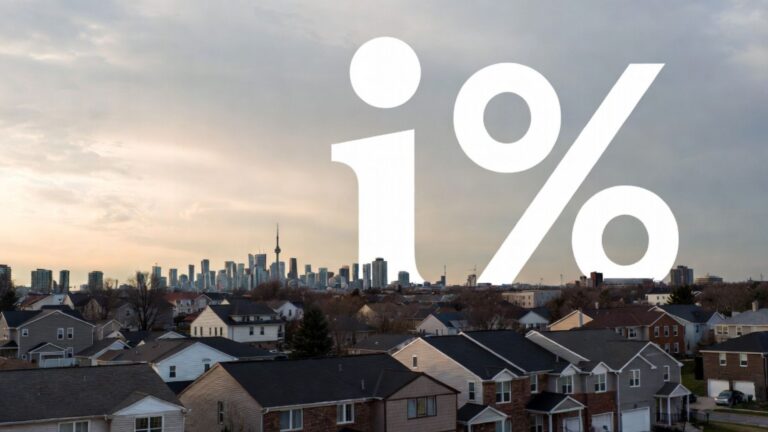Ontario’s housing market is undergoing a generational shift as millennials and Gen Z emerge as key players in homebuying. Despite challenges such as affordability and financial hurdles, these demographics are shaping the future of real estate in the province.
Millennials: The Dominant Force in Ontario Homebuying
Millennials, born between 1981 and 1996, are currently the most influential group of homebuyers in Ontario. They account for over half of home purchases, with 56% of buyers aged 25 to 34 and 30% aged 35 to 44 actively purchasing homes. This generation is at the stage of life where they seek stability, space for growing families, and long-term investment opportunities.
Key Trends Among Millennials
- Preference for Detached Homes: Millennials favor detached and semi-detached homes over condos, viewing homeownership as a long-term commitment rather than a stepping stone.
- Policy Changes Supporting Buyers: Recent federal policy changes have increased the insured mortgage price cap from $1 million to $1.5 million. This allows millennials to access higher-value homes with lower down payments, making homeownership more attainable.
- Financial Strategies: Many millennials rely on financial assistance from relatives or stretch their budgets to afford pricier homes. Despite carrying higher mortgage debt than previous generations, they remain committed to entering the market.
Gen Z: Emerging Players in the Market
Gen Z, born between 1997 and 2012, represents the youngest cohort of homebuyers. While their purchasing power is still developing, their presence in Ontario’s housing market is growing steadily. In 2023, Gen Z accounted for 15% of first-time homebuyer applications – a figure expected to rise in the coming years.
Key Trends Among Gen Z
- Affordability Challenges: With lower earnings and higher student loan debt compared to millennials, Gen Z often prioritizes affordable markets or opts to live with family while saving for a home.
- Side Hustles: Over half of Gen Z buyers work side gigs to supplement their income and savings for homeownership.
- Urban Preferences: Similar to millennials, Gen Z shows interest in urban living but often considers condos or townhomes due to budget constraints.
Comparing Millennials and Gen Z Homebuyers
| Aspect | Millennials | Gen Z |
|---|---|---|
| Age Group | 29–44 | 18–28 |
| Housing Preferences | Detached/semi-detached homes | Condos/townhomes |
| Financial Challenges | High mortgage debt | Lower earnings/student loan debt |
| Buying Motivation | Stability and investment opportunities | Entry into the market |
Shared Challenges Across Generations
Both millennials and Gen Z face significant obstacles in Ontario’s housing market:
- Affordability Crisis: High property prices make ownership seem unattainable for many. Only 47% of young Ontarians believe homeownership is achievable.
- Supply Shortages: A lack of housing inventory exacerbates affordability issues, prompting calls for increased construction efforts from policymakers.
- Relocation Considerations: To access affordable options, many buyers are willing to move outside major urban centers like Toronto.

The Future of Ontario Homebuyers
Despite these challenges, millennials and Gen Z remain optimistic about homeownership. More than half plan to buy homes within the next five years, viewing real estate as a crucial long-term investment. Their influence will continue shaping Ontario’s housing market through evolving preferences and demands.
How Bridge Can Help
Navigating Ontario’s housing market can be daunting. At Bridge, we connect you with expert real estate agents who understand your unique needs – whether you’re a millennial seeking space or a Gen Z buyer entering the market for the first time.












